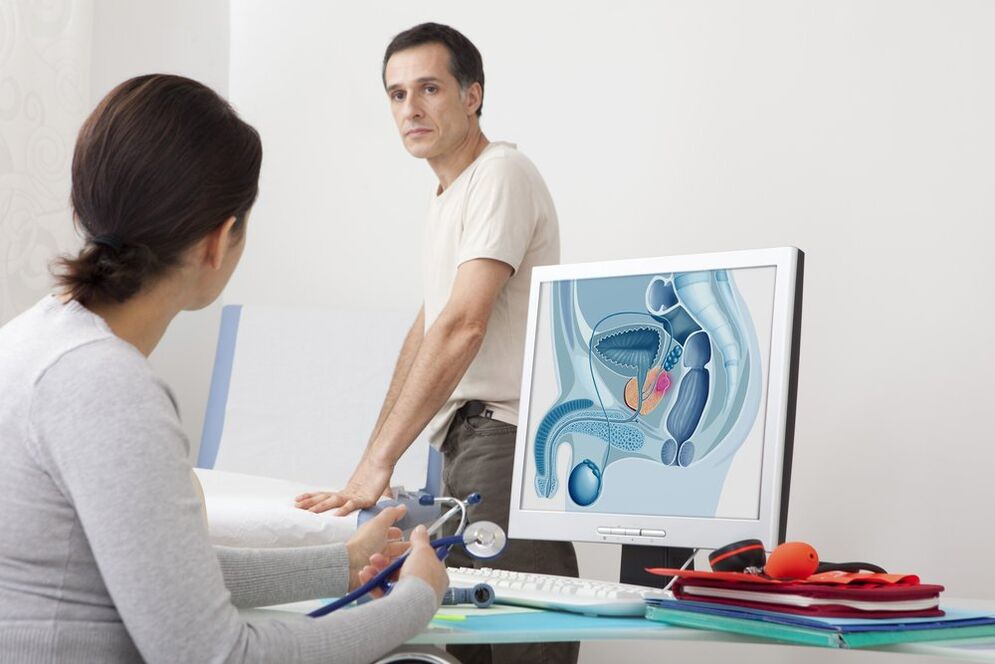
Prostatitis is one of the most common inflammatory diseases of the male genitourinary system, which affects the prostate gland. Most often, this disease is found in men who lead an active sexual life.
Most often, inflammation of the prostate is of an infectious nature, but there are exceptions. If not treated, such a pathology can lead to secondary damage to the testicles, bladder, kidneys, etc. In this article we will talk about what drugs are used for prostatitis.
To begin with, we note that the use of any medicine is possible only according to the instructions of a doctor. Self-treatment of prostatitis is unacceptable.
Antibacterial drugs

In the event that inflammation of the prostate gland is associated with bacterial flora, antibiotics are prescribed, selected based on the sensitivity of the pathogen.
In this case, fluoroquinolones, penicillins, cephalosporins and other groups of antibacterial agents can be used.
In 2016, scientists from the People's Friendship University published a report, the results of which found that fluoroquinolones are the drugs of choice in the treatment of chronic prostatitis, due to their effectiveness and safety.
Alpha blockers
In the presence of urination disorders against the background of prostatitis, the patient is prescribed alpha-blockers.
By blocking alpha-1-adrenergic receptors in the tissues of the prostate, urethra, and bladder, these drugs reduce pressure in the urethra, reduce resistance to urine flow, and normalize urination.
The use of drugs is prohibited in case of hypersensitivity, severe disorders of kidney and liver functions, orthostatic hypertension in the anamnesis.
herbal medicines
Various herbal preparations can be used as part of the complex treatment of prostatitis.
One of the representatives are tablets and oral extract based on St. John's wort and goldenrod, licorice roots, Echinacea rhizomes.
According to the manufacturers, this drug has an anti-inflammatory and analgesic effect, improves microcirculation in the tissues of the prostate gland and normalizes urination. It also has an antimicrobial effect against staphylococcal and streptococcal flora, enterococci.
The main indication for the use of this drug is chronic non-specific prostatitis.
As contraindications, it is customary to consider individual hypersensitivity and acute glomerulonephritis.
Non-drug methods
In addition to drugs, various non-drug methods are widely used to treat prostatitis. They include:
- Prostate massage;
- laser therapy;
- ultrasound therapy;
- Electrical stimulation, etc.























